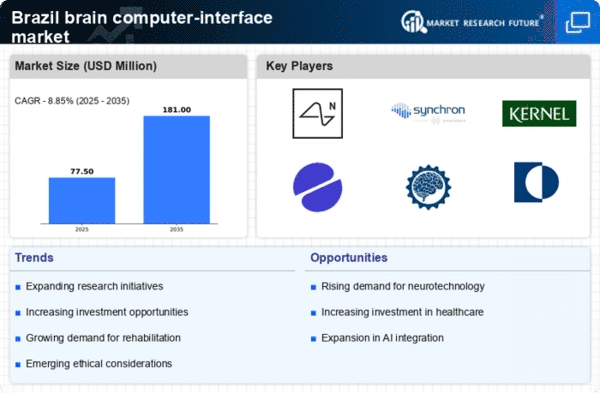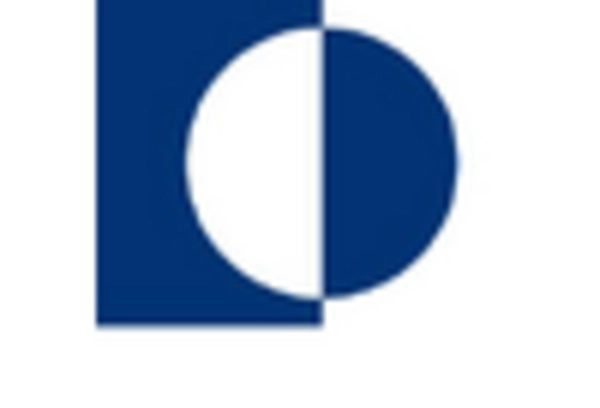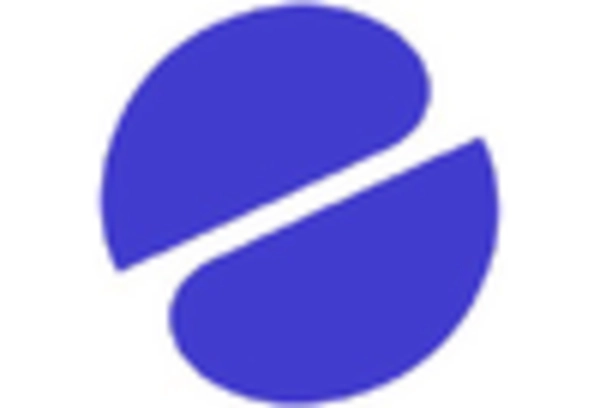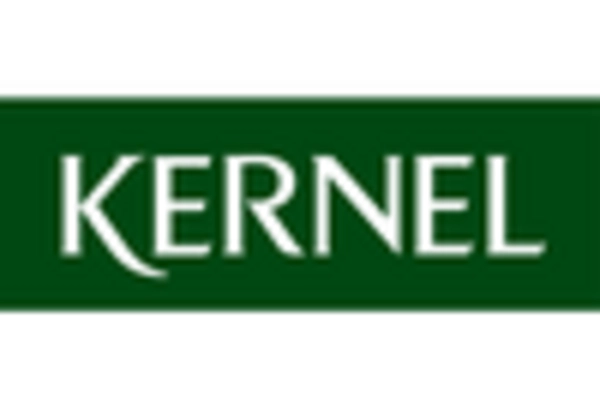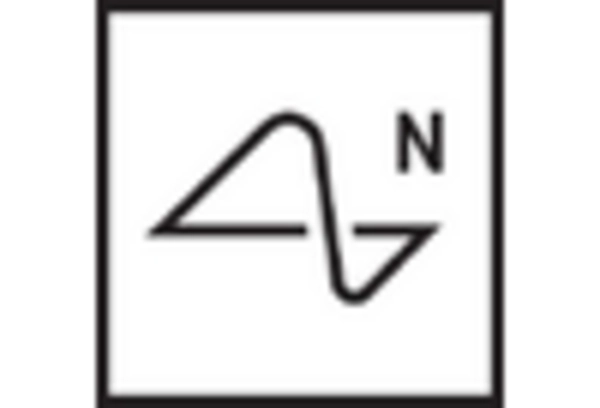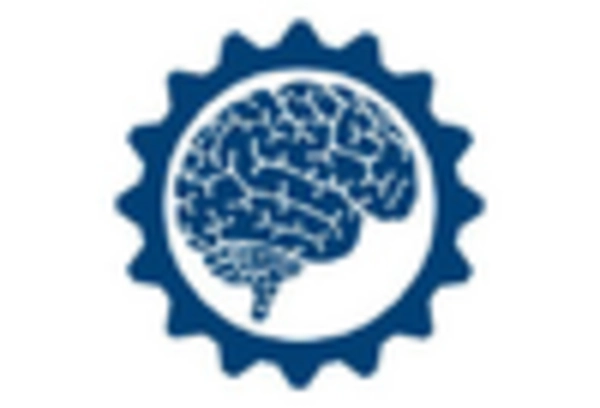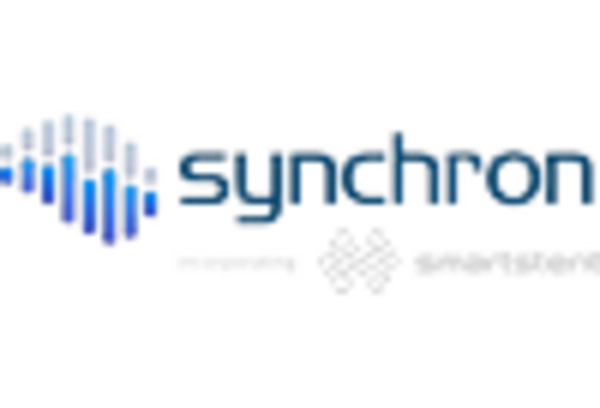Rising Demand for Assistive Technologies
The brain computer-interface market in Brazil is significantly influenced by the rising demand for assistive technologies. As the population ages, there is a growing need for solutions that can aid individuals with mobility impairments or neurological disorders. The market for assistive devices is projected to reach $1 billion by 2027, with brain-computer interfaces playing a crucial role in this expansion. These technologies offer innovative ways to enhance communication and control for users, which is likely to drive further investment and development in the sector. The Brazilian healthcare system is increasingly recognizing the potential of these interfaces, leading to greater adoption and integration into therapeutic practices.
Government Support and Funding Initiatives
Government support is a pivotal driver for the brain computer-interface market in Brazil. Various funding initiatives aimed at fostering innovation in technology and healthcare are being implemented. The Brazilian government has allocated substantial resources to research and development in neuroscience, which is expected to bolster the market's growth. For example, public-private partnerships are being encouraged to facilitate the commercialization of brain-computer interface technologies. This support could lead to a projected market growth of 12% over the next five years, as new products and solutions emerge from these collaborative efforts, enhancing the overall landscape of the industry.
Technological Advancements in Neuroscience
The brain computer-interface market in Brazil is experiencing a surge due to rapid technological advancements in neuroscience. Innovations in neuroimaging and signal processing are enhancing the accuracy and efficiency of brain-computer interfaces. For instance, the integration of artificial intelligence with neural data analysis is enabling more sophisticated applications in healthcare and rehabilitation. The Brazilian government has been investing in research initiatives, which could potentially lead to a market growth rate of approximately 15% annually. This growth is driven by the increasing demand for non-invasive brain-computer interfaces that can assist individuals with disabilities, thereby expanding the market's reach and applications.
Increased Investment in Research and Development
Investment in research and development is a critical factor propelling the brain computer-interface market in Brazil. Academic institutions and private companies are increasingly collaborating to explore innovative applications of brain-computer interfaces. This trend is likely to result in breakthroughs that could redefine user experiences and functionalities. The Brazilian market is witnessing a rise in venture capital funding, with investments reaching approximately $200 million in the last year alone. Such financial backing is essential for advancing technology and fostering a competitive environment, which may lead to the introduction of novel products and services in the brain computer-interface market.
Growing Awareness and Acceptance of Neurotechnology
The brain computer-interface market in Brazil is benefiting from a growing awareness and acceptance of neurotechnology among the general public and healthcare professionals. Educational campaigns and outreach programs are helping to demystify these technologies, leading to increased interest and potential adoption. As more individuals become informed about the capabilities of brain-computer interfaces, the market is likely to expand. Surveys indicate that approximately 60% of healthcare providers in Brazil are now open to integrating these technologies into their practices. This shift in perception could drive demand and innovation within the brain computer-interface market, fostering a more robust ecosystem.


